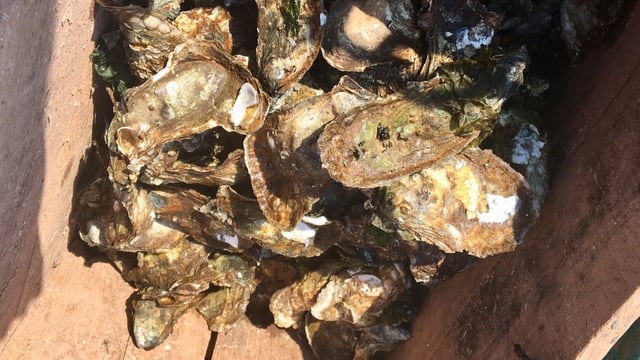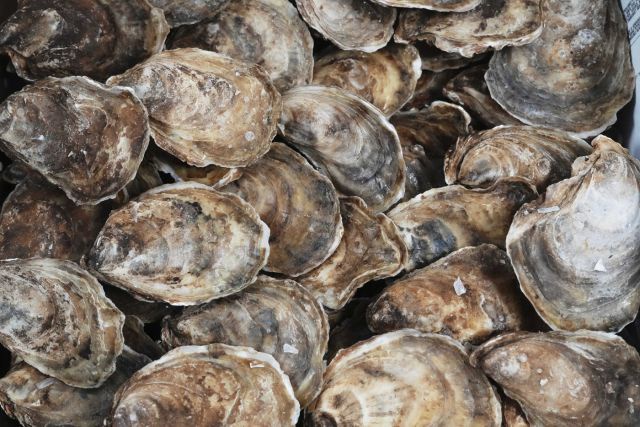Overview
- The Canadian Food Inspection Agency detected MSX (multinucleate sphere unknown) and Perkinsosis (Dermo) in Chaleur Bay oysters, marking the first confirmed cases of both pathogens in Quebec.
- Testing in Egmont Bay, Prince Edward Island, revealed the province’s first Dermo infection, though neither parasite poses a risk to human health or food safety.
- MSX and Dermo infect American oysters (Crassostrea virginica), leading to increased mortality rates and stunted shell growth similar to impacts observed in U.S. oyster beds.
- Under Canada’s One Health approach, CFIA, Fisheries and Oceans Canada and provincial partners have tightened oyster movement controls and intensified tracing and laboratory testing.
- MSX transmission remains unclear due to an unknown intermediary host, while Dermo spreads directly between oysters and through parasite-contaminated water.

